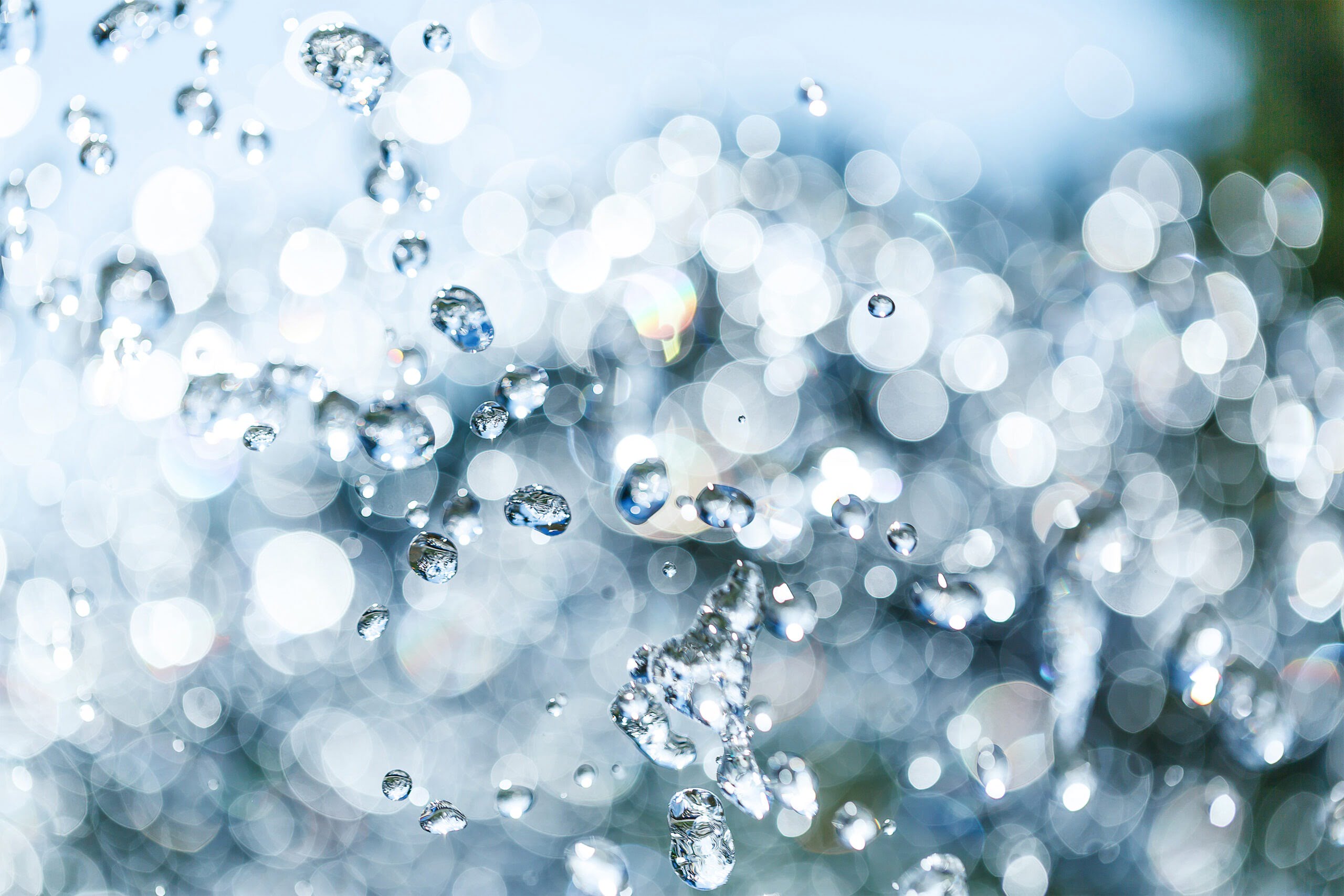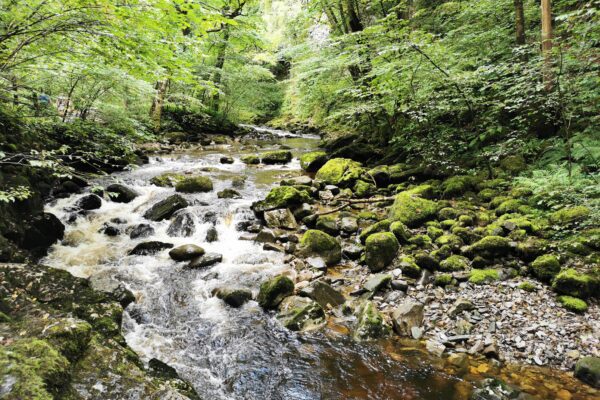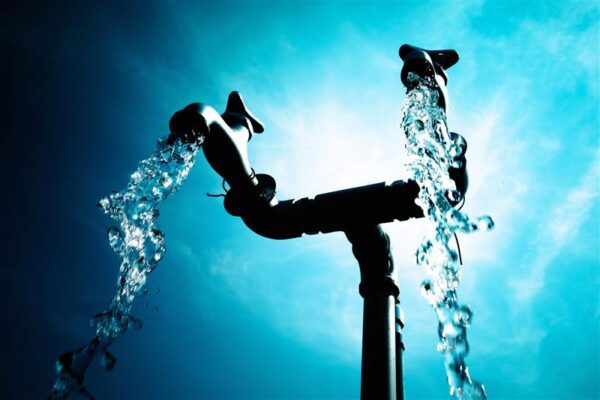
Water borehole FAQ
Water boreholes provide many benefits to businesses and with a significant increase in uptake due to the environmental, sustainability and costs benefits, here are some borehole FAQs.
Water boreholes provide many benefits to businesses and with a significant increase in uptake due to the environmental, sustainability and costs benefits, here are some borehole FAQs.
Q. Can a water borehole save my business money?
A. Yes. There are initial infrastructure costs when drilling a water borehole, however, the return on investment can be relatively short depending on your consumption level.
Q. Does my business need any permissions to abstract the water?
A. If a business is abstracting less than 20,000 litres per day, it does not need any permissions or licencing. However, if it is abstracting more than this, then a licence from the Environment Agency is required.
Q. How long does it take to drill for a water supply?
A. The time it takes to drill for a water supply can vary, as there are a few stages to go through first.
- A hydrogeological survey needs to be conducted to establish a prognosis
- Permissions then need to be applied for, if necessary
- On-site work can then begin covering around 10-15 days with drilling taking around 3-4 days. Then installing pipe work and cables, a submersible pump placed and tested
- Water from the borehole is then sent to a laboratory to verify its purity, which usually takes two to three weeks
Q. Will a water borehole need a pump?
A. Yes. A submersible electric pump is used at the bottom of the borehole to bring the water to the surface. In some cases where the underground supply is under pressure, creating an artesian well which the water then flows out of, a pump wouldn’t be required.
Q. How deep does a water borehole need to be?
A. On average a water borehole is around 20 -100 meters deep, however the depth required varies depending on the volume and location of groundwater.
Q. How big will the water borehole be?
A. Water boreholes are normally drilled between 10 and 50 cm wide, and then wrapped in a casing and screen, and then carefully sealed to ensure that surface pollutants and contaminants don’t enter the system. The finished area on site would be the equivalent of a large manhole, but if treatment required a couple of parking spaces.
Q. Does a water borehole have a lifespan?
A. A new borehole, installed with modern materials to a high standing should last a lifetime. Difficulties typically arise with older boreholes where the use of steel pipe work often results on corrosion.
Q. Is the quality and quantity of the water guaranteed?
A. There will always be varying factors however, this is why it’s important to have a borehole prognosis obtained and as much information as possible to manage the risk before committing to drilling. For larger commercial needs it is always best to drill a test borehole to assess performance.
Q. Is water treatment necessary?
A. Any water for human and animal consumption needs to be potable, a safe, drinkable quality. The water will be analysed in a laboratory to determine its quality but installing a Water Treatment system to a borehole will help sterilise the water. If the water is muddy or cloudy, suspended-particles-in-line filters can remove the problem, resulting in good clear water. The majority of abstracted water can be treated to the quality the client requires, but at a cost.
Q. Can I have both a water borehole and mains supply?
A. Yes. It is possible to interconnect with existing mains water supply. There must be a protection against backflow into a mains water system as per current water supply regulations. This can be achieved through either permanent separation from the mains water supply from the borehole water supply with no means of connection between to two. Or an air gap system that complies with Section 6 of the Water Supply (Water Fittings) Regulations 1999.
Speak to our water experts today to find out more information on boreholes and how they can benefit your business on 01772 689250 or email [email protected]










